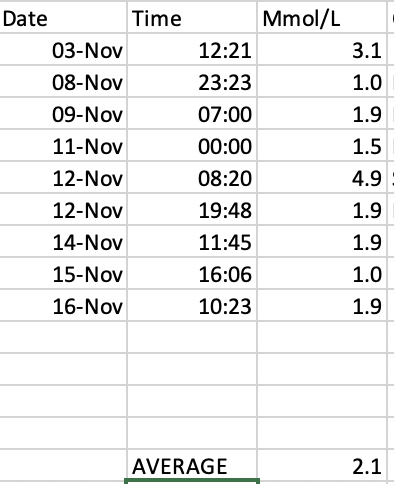Hi Folks,
Newbie, this topic could end up in exercise, but it’s really about food I’m thinking about.
Recovering from a chronic pain / fatigue condition, after 12 months of working up from swimming, I’m currently training at the gym most days with a couple of days off. Doing 1-2 hours weight lifting, splitting upper/lower body by day. Also cycling to and from gym but not doing a huge amount of cardio at this point. It’s been quite a transformation, it used to hurt to carry grocery bags back to my car, I needed naps all the time and had brain fog. Now I’m doing 70 push ups as a warm up, followed by heavy weights and then pull ups of my own body weight. I’ve also lost most of my body fat, as you can no doubt imagine.
Diet wise, I’m using an app to have 5% carb, 75% fat and 20% protein. Carbs currently set to 28g, although a couple of times I’ve pushed up to c45g, but still kept it within 5%. Most days I possibly don’t get quite enough carbs, as the app doesn’t calculate net carbs.
I IF most days, not eating till around lunchtime, even when I’m training, in fact, I find I train better on an empty stomach as long as I don’t leave it too late, after mid day I start to feel a little light headed near the end of my routines.
I monitor my keynotes with pee strips but also have a bloody gadget, last time I checked I was at roughly 3.0 mmol/l. And fluctuate between 2-4.
I have a few questions I’d appreciate peoples thoughts on:
- Should I IF every day, or is that too much stress on body?
- Should I eat more carbs whilst training (like upto 50g?)
- Should I eat a higher ratio of protein for muscle growth / repair?
Thanks in advance,


